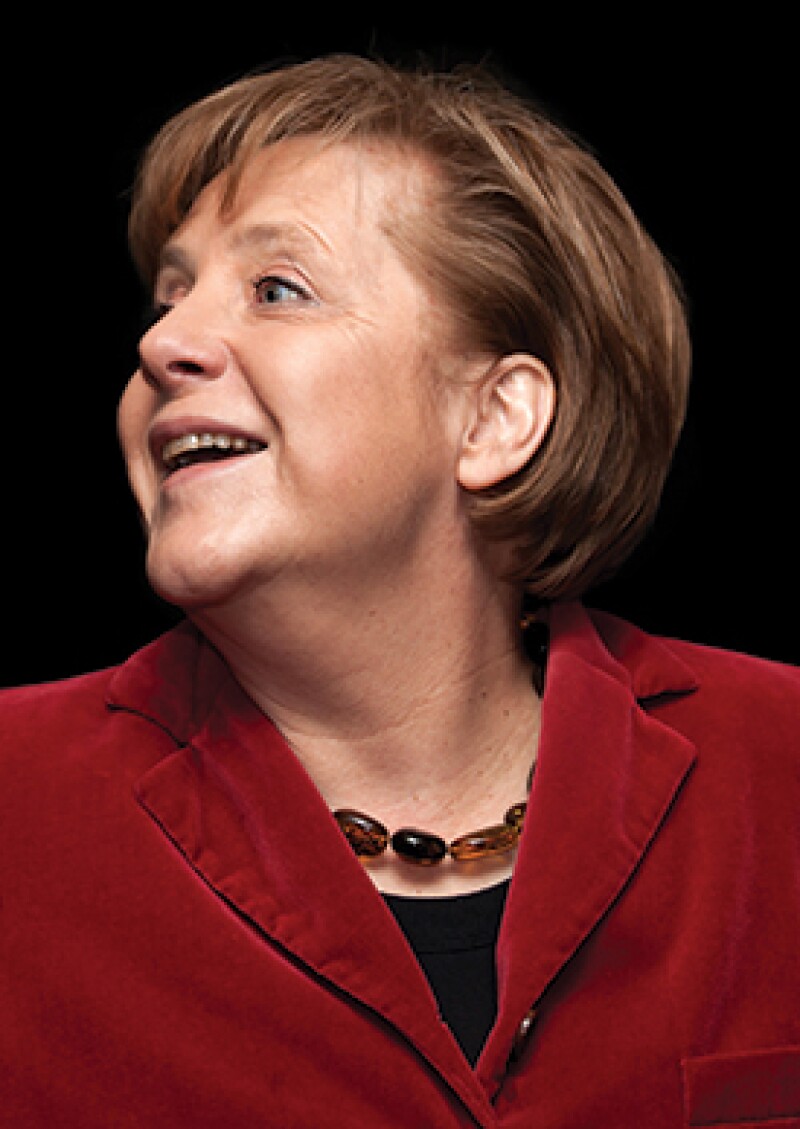
|
Angela Merkel was also in the Global Tax 50 2016, 2015 and 2013 |
Now entering her fourth term as Chancellor, Angela Merkel holds one of the most successful records of leadership in the world. Thanks to the strength of the German economy, Merkel has been able to run on a platform of lower taxes, full employment and a budget surplus.
Moreover, her continued influence in the European Union has allowed governments to join forces to push for tax measures such as the turnover tax, and keep the possibility of a financial transactions tax alive.
In Germany, meanwhile, this term is set to be her last, but few politicians have had such good fortune. Yet the electoral victory in September was bittersweet. After a dozen years at the centre of power, Merkel is staring down new challenges. Merkel's conservative bloc, the Christian Democratic Union and the Christian Social Union (CDU/CSU), suffered their worst result since 1949. Even the grand coalition with the Social Democratic Party (SPD) was no longer seen as a viable option.
As if this weren't bad enough, Germany has seen the far-right Alternative for Deutschland (AfD) claim seats in the Bundestag for the first time. The Social Democrats decided to leave government and return to the opposition because the fear was that the AfD may be left as the dominant opposition party if the grand coalition remained in place.
The press began to talk up the possibilities of a 'Jamaica' coalition, so called because it would bring together the Greens and the Free Democrats (FDP) with Merkel's party. But the negotiations had problems from the start and soon hit a wall. The FDP campaigned to limit the flow of refugees, reduce the size of the state and slash taxes much more dramatically than the CDU.
Not only has the FDP tried to outmatch Merkel on tax reform, the party's leader Christian Lindner walked out of negotiations at the risk of triggering a new election. "I regret, with full respect for the FDP, that we could not come to a mutual agreement," Merkel told the press.
Tax reform was one of the key issues of contention, with the CDU preferring a much more gradual approach than the FDP when it comes to cutting rates and phasing out the solidarity tax. Lindner called for €30 billion ($35.4 billion) in tax cuts on the campaign trail. This was a part of the FDP agenda to rapidly shrink the size of the state.
Although Merkel still has the strongest claim on government, the German leader is in an awkward position with little clarity over the prospects of forming a new government. She can either cobble together a minority government with the Green Party or try to persuade the SPD to return to government. The alternative is a new round of elections.
As a consequence, the CDU has had to go back to the drawing board and consider a grand coalition with the SPD. This is despite the fact that the Social Democrats previously made it clear they would return to the opposition ranks. In contrast to talks with Lindner, Merkel may find it much easier to dilute the CDU's low tax commitments to strike a new deal with old friends.
Working with the SPD has served Merkel well in the past, but the situation today is quite different. It took the two parties the best part of 100 days to reach a coalition agreement in 2013. The stakes are higher and the game has only got more difficult. The centre ground is not what it once was, but, regardless, Merkel remains the strongest player.
The Global Tax 50 2017 |
|
|---|---|
The top 10 • Ranked in order of influence |
|
6. Arun Jaitley |
|
The remaining 40 • In alphabetic order |
|
| The Estonian presidency of the Council of the European Union |
|
| International Consortium of Investigative Journalists (ICIJ) |
|
| United Nations Committee of Experts on International Cooperation in Tax Matters |
|









